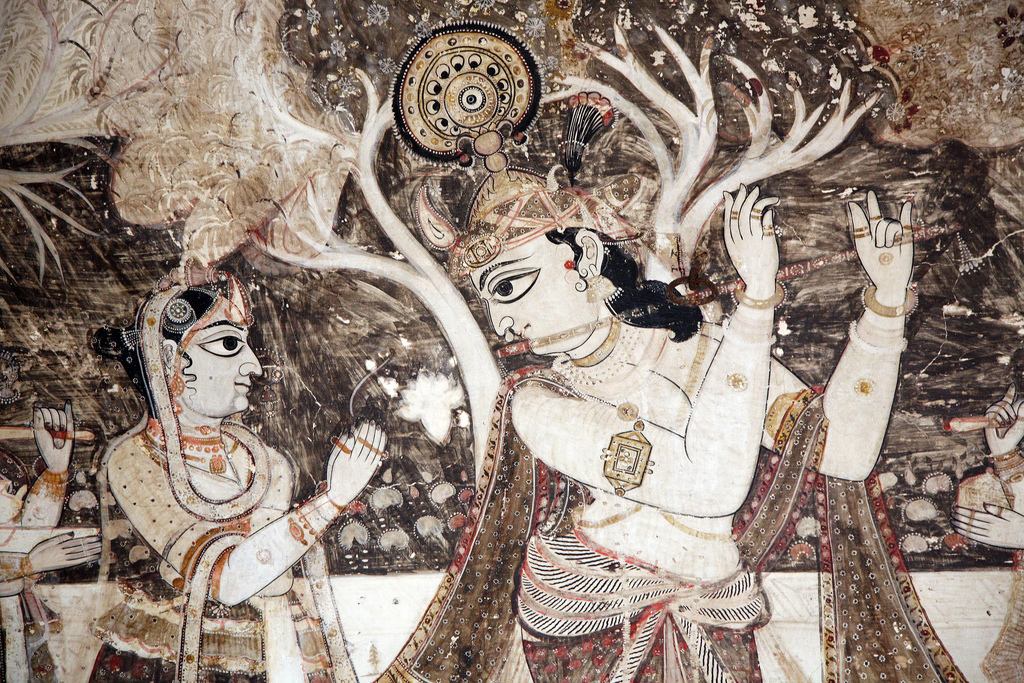
Last Friday I spent the evening in the company of some of the best storytellers, investigators and tenacious truth-seekers in our country, at the 2015 United Nations Association of Australia (UNAA) Media Peace Awards dinner.
These prestigious awards celebrate those in the media whose work highlights and champions human rights and social justice issues and stimulates public debate.
Winners were the creators of such pieces as Still Our Country – an online instillation that gives the public a unique glimpse into the swamp-side township of Ramingining in Arnhem Land, Northern Territory. This collection of stories takes you into a world entirely unreachable for most Australians, and provides a positive and insightful look into Indigenous Australian life and culture.
Finalists included the creators of the ABC Radio National and BBC World Service co-developed radio documentary series Working Without Borders. These four audio documentaries tell powerful stories of people across Asia who travel overseas to find work; exploring the dramatic impact of temporary migrant labour on individuals, families and countries.
A common thread among the finalists and winners was that they told stories that had never been told before. Unique, important, eye-opening stories that the average Australian would never know existed, if it weren’t for the tenacious and sensitive work of journalists, producers and editors.
Storytelling through the media
“Journalists describe society to itself. They convey information, ideas and opinions. They search, disclose, record, question, entertain, suggest and remember.” – Australian Journalists Association Code of Ethics
At their best, journalists have the privilege and responsibility of telling the stories the public wouldn’t otherwise know.
On the other side of the media, communications professionals have the opportunity to give journalists access to these unique stories through the insights, information and people we come into contact with every day in our industries and organisations.
For example, personally I know nothing about the everyday struggles and triumphs of people living in the many mining towns of Australia. However, I would be interested to read about these people and occurrences in their towns, and use this knowledge to help shape my views on social, economic and environmental policy. Without this insight, I am making a judgement on very little information. For communications professionals in the mining industry, access to these stories and information is easy.
Finding unique stories
When considering the role of media relations in your broader communications strategy, remember that you can work with the media not only to announce products, major news or results, but also to tell noteworthy stories about your organisation, industry or region.
Use these content pillars as a framework to think about what unique stories you have access to.
People and expertise
Do you have access to experts within a particular field? Practice experts? Academics? Respected spokespeople or high-profile community members? Indigenous elders?
History
Does your organisation, industry or region have a unique history? Was it the first in it’s field, the first in it’s region? Does it have a story of perseverance or of triumph over adversity? Are there aspects of it’s past that are important for defining the future?
Numbers
Do you have access to interesting statistics about the impact of your product, service or program? Is there growth? Decline? An unexpected target audience?
Knowledge share
What interesting facts do you have access to that an average Australian wouldn’t know? Research results? Insight into a particular group of people? Interesting science or business information?
Community
Who are the unique people in the communities surrounding your organisation, and what are their stories? Think customers, staff, contractors, families. What circumstances do people live in? What stories do they want to tell, or should the Australian public know?
– –
Remember, the media are there to engage, inspire and educate. To inform citizens and animate democracy. You can help them to do their job by giving them access to the unique stories hiding within your organisation.

